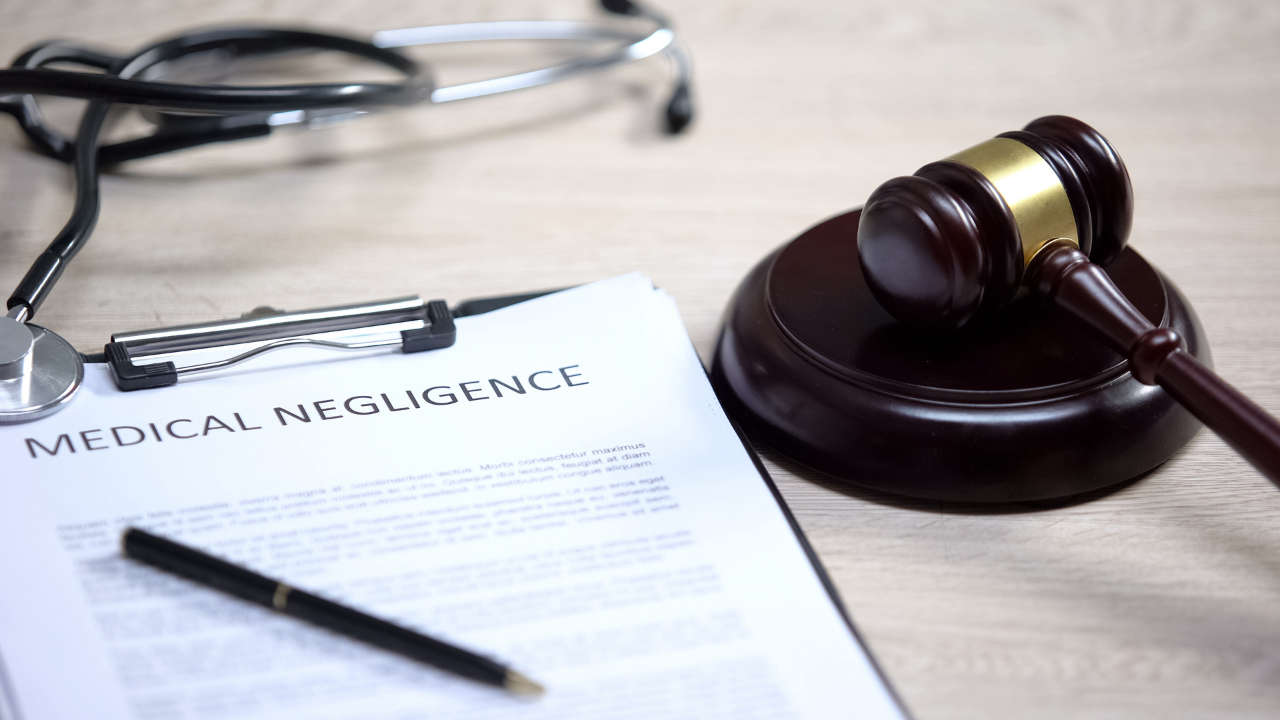10 Steps To The Medical Negligence Claims Process
Written by Bilal Farooq
Director of Greystone Solicitors
Accepting that a medical professional responsible for your health and wellbeing has breached a duty of care by being negligent in their treatment of you can be incredibly stressful. We appreciate that maintaining a decent relationship with your medical practitioner is of great importance and acknowledge that medical negligence claims can put a strain on such relationships, but rest assured, our team have experience in handling such situations. As every claim is unique, we place the utmost importance on how to tailor your claim specifically to you and your needs in order to achieve the best outcome for you.

Contact a solicitor
If you believe you have received negligent care from a medical professional, in order to prove that your care was substandard, you will need to contact a solicitor for advice. The purpose of this initial consultation is to provide the solicitor with details about your potential claim, as medical negligence claims require a lot of evidence to back them up.
Your solicitor will obtain your medical records
In order to compensate you, we must prove that you were owed a duty of care, and furthermore, we must show that the medical professional breached that duty of care by providing you with substandard treatment, which lead to you suffering injury and financial loss.
Following the initial consultation with your solicitor, we will request copies of your medical records from the hospital or doctor’s surgery where you received your treatment. From this, incidences of substandard care from the relevant professional or professionals can be identified that lead to your injury and/or loss.
We will instruct a medical expert to provide an opinion on your medical negligence claim
If your medical reports show evidence in support of your claim, we will instruct a medical expert to provide a specialist opinion on whether you have received substandard care. The medical expert will also report on the likelihood that any incidences of substandard care contributed directly to your injury or loss.
If the medical reports are unsupportive of your claim, we may be unable to proceed any further with your claim.
We will write a formal letter of claim to the hospital or doctor’s surgery
If the medical expert concludes that there is evidence in support of your claim, we will draft a formal letter of claim to the hospital or doctor’s surgery responsible for your substandard care. The letter of claim will document:
The circumstances that lead to your treatment
Allegations of negligence against the Defendant or Defendants where more than one discipline has been investigated
Injuries and losses sustained as a direct result of the substandard care given by the Defendant
We will receive a letter of response from the Defendant
Following the letter of claim, the Defendant will have four months to provide us with a formal letter of response. The letter or response should include:
- A summary of the treatment given to you
- An explanation of why the treatment was given to you
- A summary of your medical reports
- Either acceptance or denial of liability
If the Defendant admits liability –
If the Defendant admits liability, we will instruct a medical expert to assess you in order to provide a formal report paying attention to your condition and prognosis. Settlement negotiations will begin based on the evidence provided by the medical reports and assessments carried out by the medical expert to reimburse you for your injury and loss in the form of compensation.
If the Defendant denies liability –
If the Defendant denies liability, we will need to review the strength of your case. If we decide that you have a sufficiently strong case, we will obtain a medical report regarding your condition and prognosis and consider issuing court proceedings.
We will prepare your case for court
In the event that your claim goes to court, we will prepare the following documents in order to support your case:
- The Claim Form
- The Particulars Claim
- A medical report outlining your condition and prognosis
- A Schedule of Loss
Your solicitor will discuss what each document comprises of based on the outcome of your medical reports and assessments carried out by the medical expert(s).
The Court will issue a Claim Form
Once a Claim Form is issued by the Court, we have 4 months to serve the documents to the persons representing the Defendant.
The Defendant then has 14 days to show their intention to defend the claim by way of serving an Acknowledge of Service and a further 14 days to serve a Defence.
Should no Defence be filed, the court can provide for your compensation to be assessed.
The court will list the case for trial
The court will list a Case Management Conference to put together a schedule of steps to be completed by both parties, including, but not exclusive to:
- Disclosure of documents
- Witness statements to be exchanged
- Medical reports carried out by experts to be exchanged
The court will list the case for trial; however, we will consider whether a settlement can be agreed on throughout the case. If a settlement cannot be agreed upon, a judge will decide the medical negligence claim.













